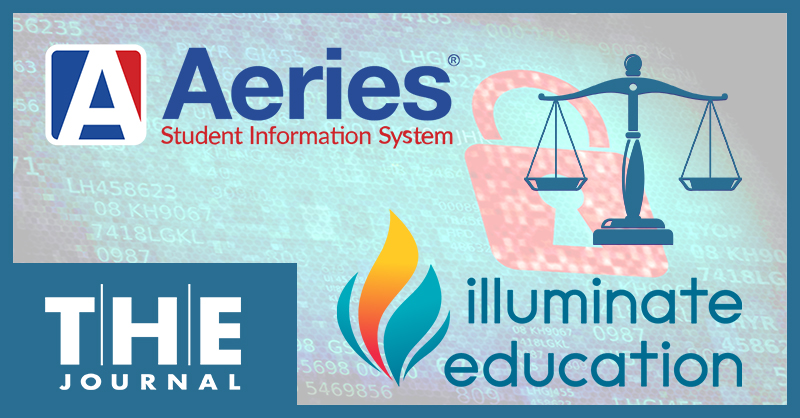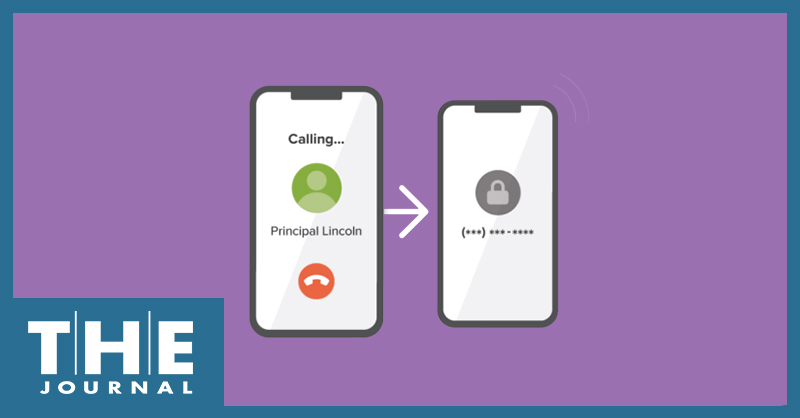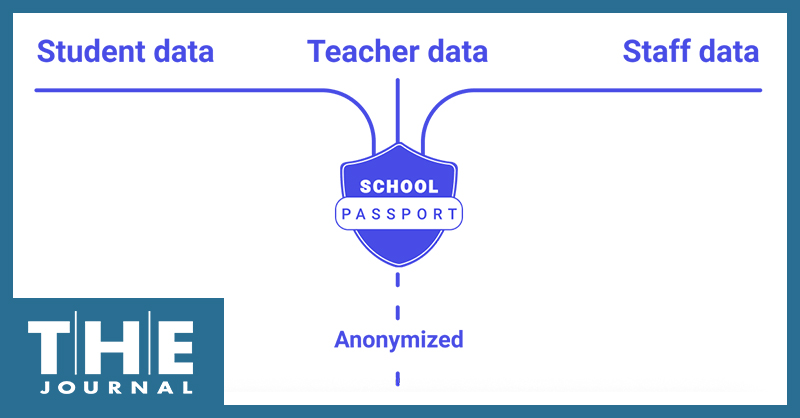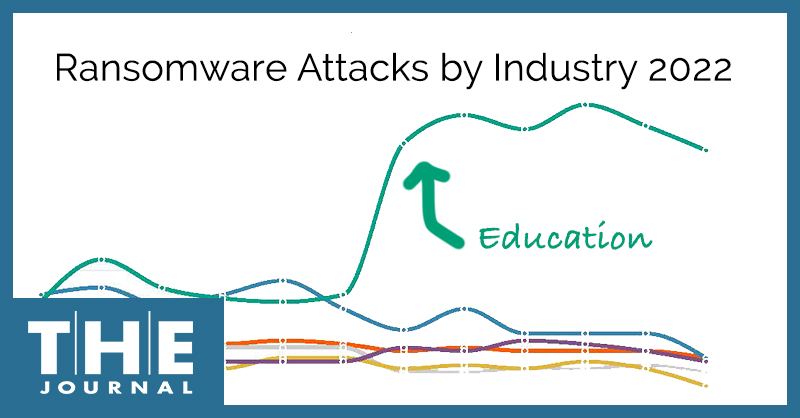
The Royal Ransomware is claiming to have infiltrated public school management and virtual learning provider Edison Learning, posting on its dark web data leak site on Wednesday, April 26, that it had stolen 20GB of the company’s data “including personal information of employees and students” and threatening to post the data “early next week.”

Two ed tech providers that suffered data breaches that compromised private student information have seen civil lawsuits reach vastly different results — yet both should serve as a stark warning for ed tech companies collecting student data, a data privacy attorney told THE Journal.
School safety software provider Raptor Technologies has acquired SchoolPass and will integrate the latter’s cloud-based attendance automation and dismissal automation into the Raptor Tech platform, according to a news release.

School-home communications provider ParentSquare has unveiled a new Virtual Phone feature to its platform that documents and records voice communications between educators and families just as it does with other types of exchanges, according to a news release.

Identity and access management provider ClassLink has launched a new tool called DataGuard designed to reduce the amount of sensitive private data shared by schools with ed tech vendors, according to a news release.

A new bill filed in both houses of Congress Wednesday by U.S. Rep. Doris Matsui (D-CA), Rep. Zach Nunn (R-IA), Sen. Marsha Blackburn (R-TN), and Sen. Mark Warner (D-VA) would direct CISA to create a cybersecurity information exchange for K–12 schools, a voluntary incident registry, and a “Cybersecurity Technology Improvement Program” funded at $10 million per year for the next two years.
Class Technologies, a provider of virtual learning tools for online synchronous instruction, has announced it will soon release a new ChatGPT-powered A.I. Teaching Assistant, dubbed A.I. TA.

Global Grid for Learning has unveiled its newest school data exchange solution designed to give schools better data analytics and control over data privacy while eliminating the need for vendors using the standards to access and share students’ protected private information, by using patented anonymization and API technology.

Ransomware attacks targeting K–12 schools worldwide last year grew at an “absolutely massive” rate of 827% over 2021, according to SonicWall’s 2023 Cyber Threat Report, and the data shows that education customers — those whose data is compromised during ransomware attacks — had the highest percentage reporting ransomware attempts of all sectors studied.

In the past week, CISA has published alerts on seven known exploited vulnerabilities — two of which put a long list of Apple devices at risk — ordering federal agencies to remediate the identified vulnerabilities immediately and encouraging all organizations to do the same.